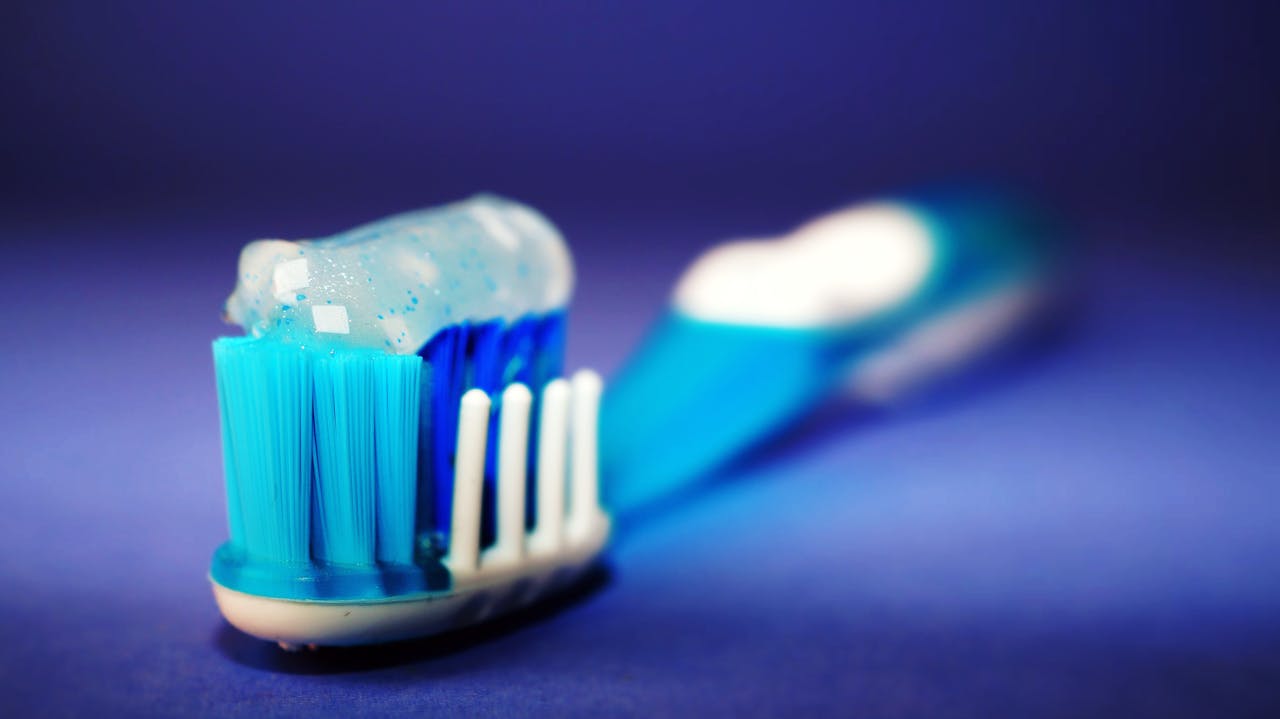Good oral hygiene habits developed in childhood lay the foundation for a lifetime of healthy smiles. At Park Street Dental Practice, we believe that teaching children the importance of dental care from an early age is one of the most valuable things parents can do for their long-term health. In this guide, we’ll share tips for helping children develop healthy oral hygiene habits and what parents can expect during a child’s dental check-up.
Why Early Dental Care Matters
Starting dental care early is crucial because it helps children:
- Develop Healthy Habits: By introducing good dental care practices early, you’re helping children form habits they’ll carry into adulthood.
- Prevent Dental Issues: Early attention to oral hygiene can prevent cavities, gum disease, and other issues that can affect developing teeth.
- Build Confidence and Comfort with the Dentist: Regular dental visits from a young age reduce anxiety about dental appointments, making the experience a positive one for children.
Top Tips for Developing Healthy Oral Hygiene Habits in Children
- Start Early with Brushing
Begin cleaning your child’s gums even before teeth emerge. You can use a soft, damp cloth to gently wipe their gums, which helps them get used to the sensation. Once teeth start coming in, use a soft-bristled toothbrush designed for infants or toddlers with a small smear of fluoride toothpaste. - Teach Proper Brushing and Flossing Techniques
As children grow, teach them the basics of brushing, aiming for twice a day for two minutes each time. Show them how to brush in gentle circles and cover all areas of the mouth. When their teeth start to touch, introduce flossing to remove plaque between teeth where a toothbrush can’t reach. - Make Oral Hygiene Fun
Children are more likely to stick with brushing and flossing if they enjoy it. Use colourful toothbrushes, toothpaste with fun flavours, or turn brushing into a game or activity with a favourite song to keep them engaged. You could even consider a rewards chart for consistent brushing. - Encourage a Tooth-Friendly Diet
Diet plays a major role in children’s oral health. Encourage children to eat a balanced diet, low in sugars and acidic foods. Healthy snacks like crunchy vegetables, fruits, cheese, and nuts not only provide essential nutrients but also help to clean teeth naturally. - Model Good Habits
Children learn best by watching their parents. Brush and floss your teeth together as a family, making it a regular routine that children see as an essential part of daily life. - Use Fluoride Appropriately
Fluoride helps strengthen tooth enamel, making it more resistant to decay. For children under three, use a tiny smear of fluoride toothpaste, and for children three and over, a pea-sized amount is recommended. Be sure to supervise their brushing to prevent swallowing too much toothpaste.
What to Expect at Your Child’s Dental Check-Up
Regular dental visits are just as important for children as they are for adults. Here’s what you can expect during a child’s check-up at Park Street Dental Practice:
- A Gentle Introduction to the Dentist
Our team strives to make the first few visits relaxed and fun, helping children get comfortable in the dental chair. These visits often involve a quick look at their teeth and gums, and a gentle cleaning if necessary. - Education for Parents and Children
We’ll walk parents through effective ways to care for children’s teeth at home and offer tips for preventing issues like cavities and tooth decay. We’ll also teach children about the importance of brushing and flossing in a way that’s easy for them to understand. - Checking for Dental Issues
Regular check-ups allow us to identify any potential dental issues early on, such as tooth decay, bite alignment issues, or problems with jaw development. Addressing these issues early can make a big difference in a child’s oral health. - Preventative Care and Fluoride Treatments
Fluoride treatments and dental sealants may be recommended to help protect your child’s teeth from decay. Sealants are thin coatings applied to the chewing surfaces of the back teeth, which are more prone to cavities. - Monitoring Growth and Development
Children’s teeth and jaws change rapidly as they grow, so regular check-ups allow us to monitor development and make recommendations if needed. This might include guidance on when to start considering orthodontic care or ways to address potential alignment issues early.
Tips for a Smooth and Positive Dental Visit
To make dental visits positive for your child:
- Stay Calm and Positive: Children pick up on their parents’ emotions, so stay relaxed and positive about the visit.
- Avoid Negative Language: Instead of words like “pain” or “hurt,” talk about how the dentist “helps keep your teeth healthy and strong.”
- Bring a Comfort Item: Younger children may feel more at ease with a favourite toy or blanket.
- Reward Their Efforts: After the appointment, offer a reward, like a small treat or extra playtime, to encourage a positive association with the dentist.
Conclusion
Establishing good oral hygiene habits in childhood is one of the best ways to support lifelong dental health. By teaching proper brushing and flossing, encouraging healthy eating, and making regular dental visits a priority, you’re setting your child up for a lifetime of strong and healthy smiles.
At Park Street Dental Practice, we’re here to support families in keeping children’s teeth healthy from their first tooth to their adult smile. If you’re ready to schedule your child’s next check-up, or if you have any questions about dental care for children, please don’t hesitate to contact us. We look forward to helping your family build a foundation of excellent oral health!
